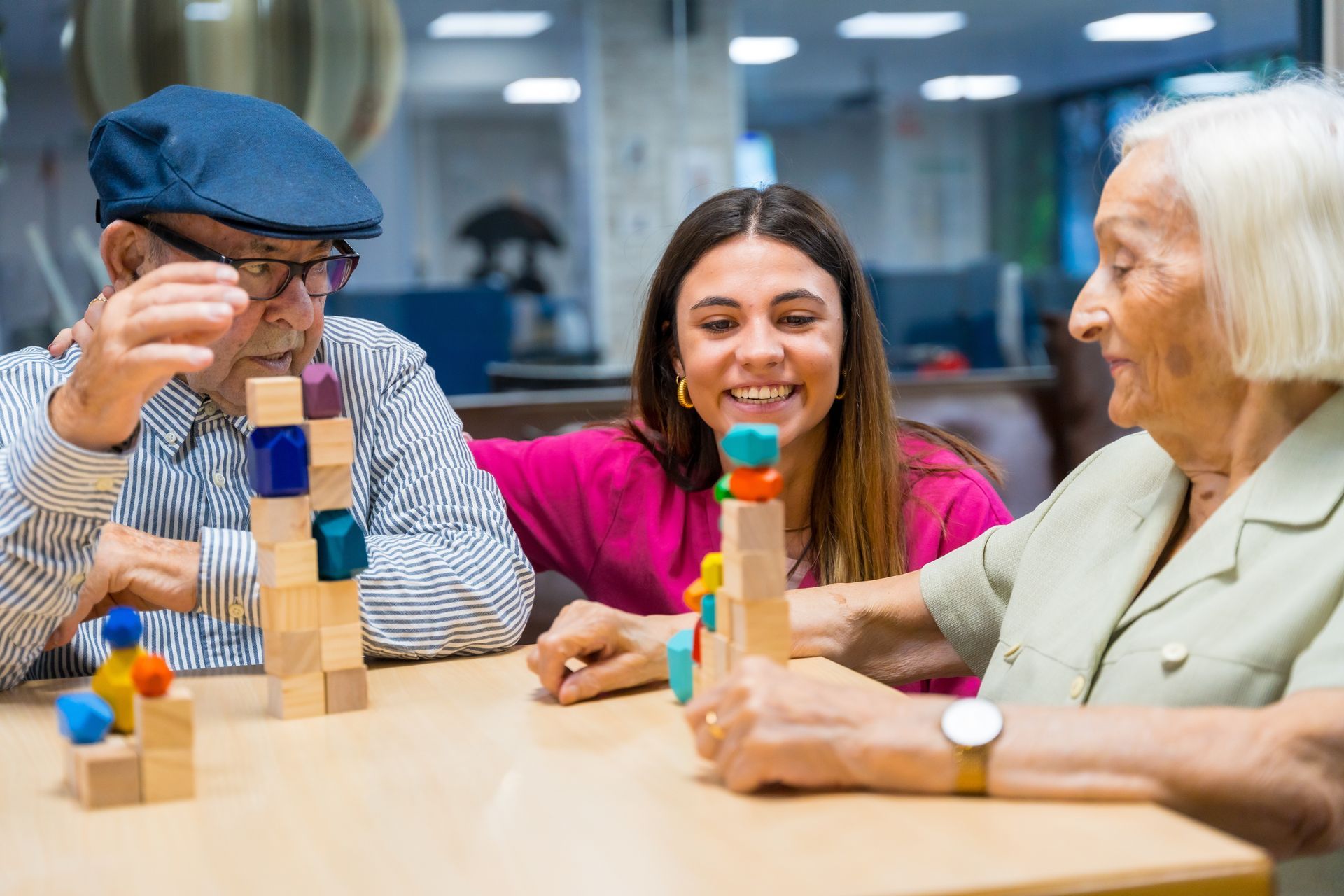BLOG
VA Aid and Attendance Benefit and How It Can Help Pay for Senior Living
For many families worried about whether they can afford the cost of senior living, the Veterans Aid & Attendance benefit can offer great peace of mind.
Though it’s been around since the 1950s, many Americans are not familiar with this important VA benefit for senior living. In fact, more than one-third of Americans over 65 are either wartime Veterans or are married to one, which means they may qualify for benefits that can help offset the cost of senior care. Yet less than 10 percent of those who qualify have even applied for Veterans Aid & Attendance, which provides a non-service-connected pension to assist in paying for long-term care for wartime Veterans or a surviving spouse with limited income.
Eligibility for This Important VA Benefit for Senior Living
You may be eligible for this benefit if you get a VA pension and you meet at least one of these requirements.
- You need another person to help you perform daily activities, like bathing, feeding, and dressing, or
- You have to stay in bed—or spend a large portion of the day in bed—because of illness, or
- You are a patient in a nursing home due to the loss of mental or physical abilities related to a disability, or
- Your eyesight is limited (even with glasses or contact lenses you have only 5/200 or less in both eyes; or concentric contraction of the visual field to 5 degrees or less)
- Housebound benefits eligibility
- You may be eligible for this VA benefit for senior living if you get a VA pension and you spend most of your time in your home because of a permanent disability (a disability that doesn’t go away).
How Aid & Attendance Benefits Your Senior Living Budget
Quite simply, with Aid & Attendance you have increased buying power which:
- Opens up more options when it comes to choosing the senior living community that fits your needs best.
- Gives you peace of mind in being able to stay in the community longer than your budget otherwise may have allowed.
What’s more, this VA benefit for senior living is tax-free and paid directly to you by the Treasury Department.
Watch out for myths—learn the truth about this VA benefit for senior living.
There are many misconceptions that can cause Veterans or their surviving spouses to miss out on the full benefits they are entitled to, or to not even attempt the application process at all. At Assured Senior Living, we want you to have the facts. Here are a few common myths you should know about.
Myth: To qualify for this VA benefit for senior living, you must have served in a combat zone.
Truth: To qualify, the Veteran must have served during an eligible wartime period. Except for the Vietnam wartime period of February 28, 1961 to August 4, 1964, there is no requirement that the Veteran must have served in a combat zone. The service criteria are 90 days of active duty, with at least 1 day during an eligible wartime period and the Veteran was other than dishonorably discharged. Or, your spouse at the time of their death met these criteria.
Myth: You can’t receive a partial benefit for Aid & Attendance.
Truth: Aid & Attendance is not all or nothing, you can get a partial benefit. For example, if your income minus home care and facility costs leaves you with a positive number or “Income for VA Purposes,” but one less than the Maximum Pension Benefit, you can receive the approximate difference between the Maximum Pension and the calculated Income for VA Purposes.
Myth: A spouse can only receive Aid & Attendance if the Veteran has passed away.
Truth: If a Veteran is still married and his or her spouse needs care, they are considered a dependent spouse. A married Veteran can be awarded a Basic Pension if he or she has a dependent spouse as long as eligibility requirements are met.
To Apply for the Aid & Attendance Benefit:
• Send a completed VA form (https://www.vba.va.gov/pubs/forms/VBA-21-2680-ARE.pdf) to the Pension Management Center (PMC) that serves your state. Find your PMC at https://www.va.gov/pension/pension-management-centers/.
• File a claim online (https://www.va.gov/pension/application/527EZ/introduction)
•
Apply in person at a VA office (https://www.va.gov/find-locations/?facilityType=benefits) near you.
Why You Might Want the Assistance of VA Accredited Agent
Keep in mind that it’s not just the length of the application for this VA benefit for senior living that makes the process complex, it’s also all understanding all the nuances. An expert who knows all the rules and regulations, as well as how the VA works can not only help make the process much easier, but also make sure you get the benefits you deserve to pay towards senior living costs.
And while the VA may tell you to expect it to take 12 to 18 months for your application to be approved, a VA accredited agent can typically help reduce that time significantly.
At Assured Senior Living, we want everyone who needs care to have the opportunity to thrive physically, intellectually and socially.














